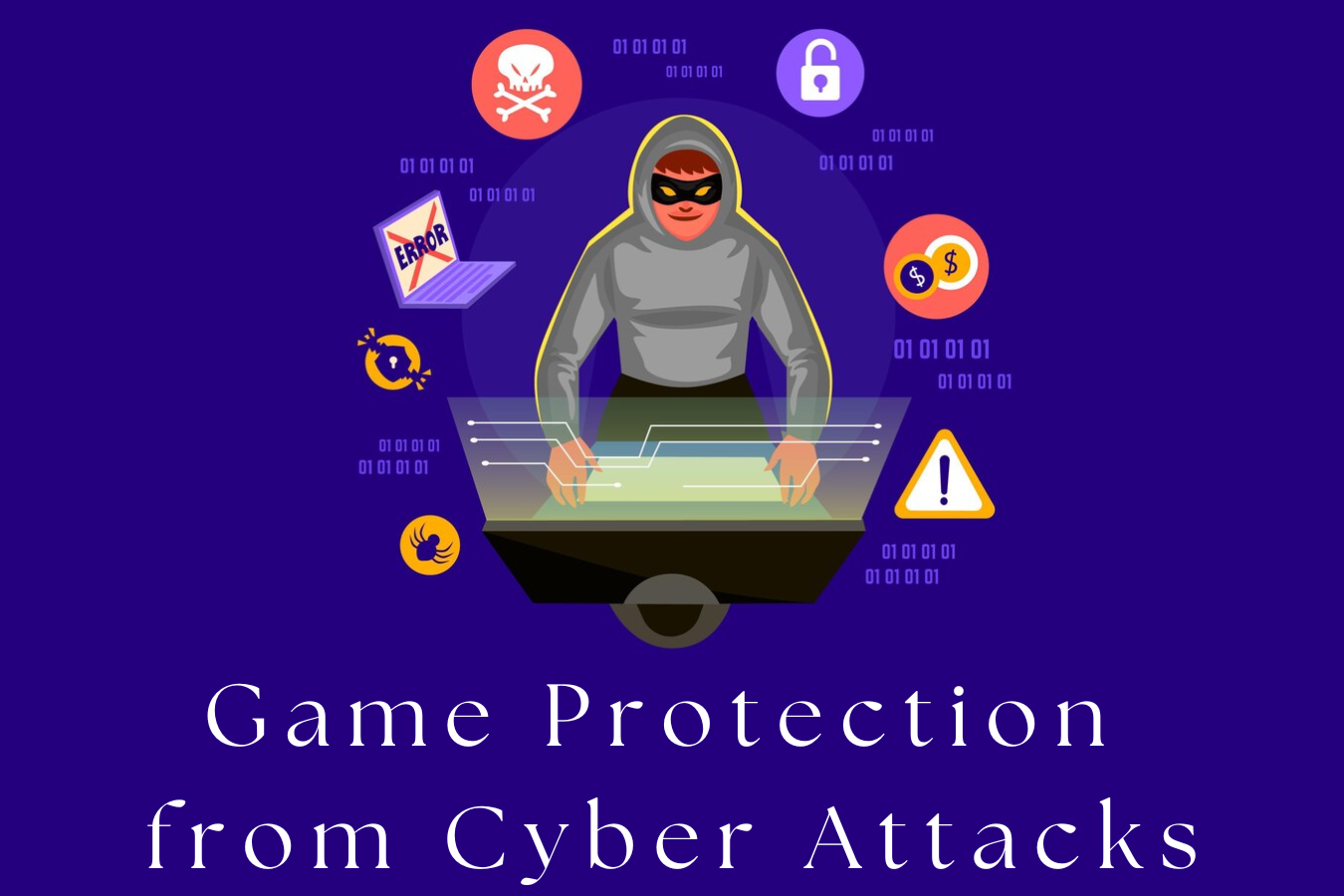Game development companies are always working to create engaging and secure gaming experiences. Cyberattacks present a serious threat to the gaming industry, affecting both developers and players. These attacks can vary from simple DDoS attacks that disrupt gameplay to more complex data breaches that put sensitive user information at risk. Safeguarding your game against these threats is essential for maintaining player trust and ensuring its long-term success. Did you know that cyberattacks targeting the gaming industry have surged in recent years, resulting in millions of dollars in damages and affecting countless players?
Also read our article on AI driven cyber attacks & the Need for New SaaS Data Protection Approaches.
This article will discuss five key strategies to protect your game from cyberattacks.
1. Implement Robust Authentication and Authorization
Why it’s important: Strong authentication and authorization measures serve as the first line of defense against unauthorized access. They ensure that only legitimate users can access game servers and player accounts.
How to do it:
Multi-Factor Authentication (MFA): Use MFA to provide an additional layer of security. This requires users to verify their identity through multiple methods, such as a password and a code sent to their phone.
Strong Passwords: Encourage users to create strong, unique passwords. Set password complexity requirements, including minimum length and a mix of character types.
Regular Password Updates: Remind users to change their passwords regularly to reduce the risk of compromised accounts.
Role-Based Access Control: Use role-based access control to limit access to sensitive data and functionalities based on user roles.
2. Secure Your Game Servers
Why it’s important: Game servers are a major target for cyberattacks. It’s crucial to secure your servers to prevent unauthorized access, data breaches, and interruptions in gameplay.
How to do it:
Firewalls: Utilize firewalls to manage network traffic and block harmful connections.
Intrusion Detection Systems (IDS): Set up IDS to keep an eye on network traffic for any suspicious activity and notify administrators of potential threats.
Regular Security Patches: Ensure your game servers and software are updated with the latest security patches to fix known vulnerabilities.
DDoS Protection: Implement measures to protect against DDoS attacks and lessen their impact.
Server Hardening: Strengthen your game servers by turning off unnecessary services and limiting access to sensitive files.
3. Protect Player Data
Why it’s important: Player data, including account information, payment details, and game progress, is highly valuable and needs to be safeguarded. Data breaches can result in financial losses, damage to reputation, and legal complications.
How to do it:
Data Encryption: Encrypt sensitive data both during transmission and when stored to prevent unauthorized access.
Secure Data Storage: Keep player data in secure databases and adhere to best practices for data security.
Data Minimization: Only collect the essential player data and refrain from storing sensitive information that isn’t necessary.
Compliance with Regulations: Follow relevant data privacy regulations, such as GDPR and CCPA.
4. Implement Anti-Cheat Measures
Why it’s important: Cheating can significantly diminish the gaming experience for others and tarnish your game’s reputation. Anti-cheat measures are essential for fostering a fair and competitive atmosphere.
How to do it:
Client-Side and Server-Side Anti-Cheat: Utilize both client-side and server-side anti-cheat strategies to identify and prevent cheating.
Regular Updates: Ensure your anti-cheat system is regularly updated to counter new cheats and exploits.
Community Monitoring: Motivate players to report any suspicious behavior and keep an eye on community forums for cheating reports.
5. Partner with a Reputable Game Development Company
Why it’s important: A well-regarded game development company possesses the knowledge and experience necessary to implement strong security measures throughout the game development lifecycle.
How they can help:
Secure Coding Practices: They adhere to secure coding standards to reduce vulnerabilities in the game code.
Security Testing: They perform routine security testing to uncover and rectify potential weaknesses.
Security Audits: They carry out security audits to confirm that the game and its infrastructure comply with industry standards.
Incident Response Planning: They create incident response plans to effectively manage security incidents.
Ongoing Support: They offer continuous support and maintenance to tackle security issues and keep the game safe.
The Role of Game Development Companies
Game development companies are crucial in defending games against cyber threats. They have the expertise and resources to implement thorough security measures, ensuring that games remain secure from development through to launch and beyond. Collaborating with a reputable game development company is a vital step in protecting your game and your players.
Conclusion
Ensuring the security of your game against cyberattacks is a continuous effort that demands attention and a proactive mindset. By adopting the five strategies discussed in this article, you can greatly improve your game’s security and provide a safer, more enjoyable experience for your players. Keep in mind that security isn’t a one-time solution; it necessitates ongoing monitoring, updates, and adjustments to counter new threats. By emphasizing security and collaborating with skilled Game Development companies, you can protect your game and secure its long-term success in the constantly changing landscape of online gaming.














